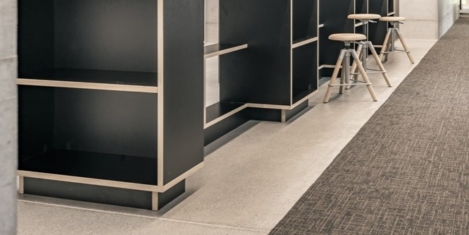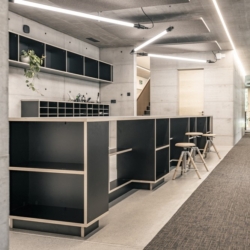May 13, 2013
Green responsibilities of the built environment highlighted by CIBSE
 We’ve already focused today on the role individuals can play in supporting the green agenda of their employers, but for those working within the built environment they may have particular responsibility when it comes to helping to reduce energy consumption and provide for the adaptation of buildings that respond to the challenges of climate change. This is the message from incoming CIBSE President, George Adams Engineering Director for Spie Matthew Hall, in his Presidential address, “Whole Life Thinking” where he stresses the need for a new energy engineering conscience and calls for an increased pace of action to improve the industry and reduce its environmental impact.
We’ve already focused today on the role individuals can play in supporting the green agenda of their employers, but for those working within the built environment they may have particular responsibility when it comes to helping to reduce energy consumption and provide for the adaptation of buildings that respond to the challenges of climate change. This is the message from incoming CIBSE President, George Adams Engineering Director for Spie Matthew Hall, in his Presidential address, “Whole Life Thinking” where he stresses the need for a new energy engineering conscience and calls for an increased pace of action to improve the industry and reduce its environmental impact.
































February 17, 2026
The squeezed middle: supporting frontline managers in 2026
by Laura Thomson-Staveley • Business, Comment